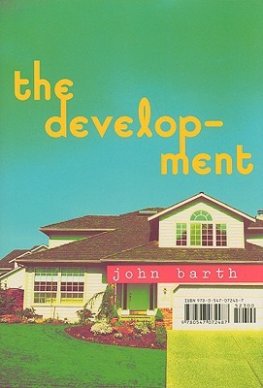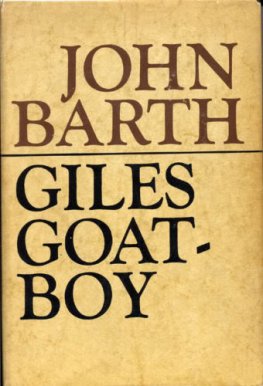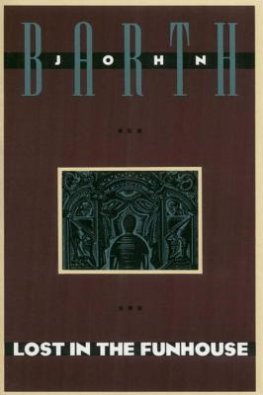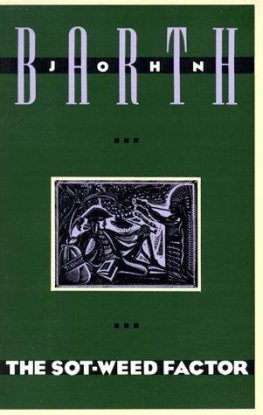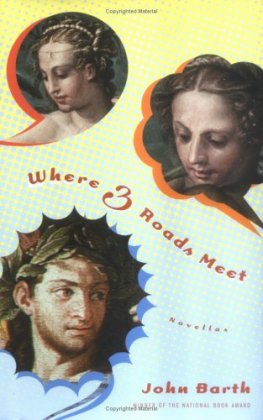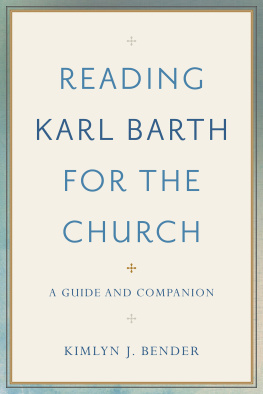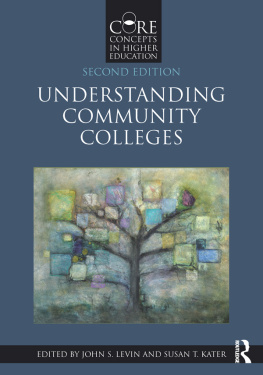John Barth
The Development
DON'T ASK ME (as my wife half teasingly did earlier this morning) who I think is reading or hearing this. My projected history of our Oyster Cove community, and specifically the season of it's Peeping Tom, is barely past the note-gathering stage, and there's nobody here in my study at 1010 Oyster Cove Court except me and my PC, who spend an hour or three together after breakfast and morning stretchies before Margie and I move on to the routine chores and diversions of a comfortably retired American couple in the dawn of the new millennium and the evening of their lives. Maybe our CIA/FBI types have found ways to eavesdrop on any citizen's scribbling? Or maybe some super-shrewd hacker has turned himself into a Listening Tom, the electronic equivalent of Oyster Cove's peeper, even when I'm talking to myself?
Don't ask me (but in that case you wouldn't need to, right?); I just work here. For all I know, "You" like the subject of this history, in some folks' opinion may not actually, physically exist. Unlike him, however (and we all assume our P.T., whether real or imagined, to have been a Him, not a Her), you're an invited guest, who- and whatever You are, not an eavesdropper. Welcome aboard, mate, and listen up!
As I was saying, I just work here, more or less between nine and noon most mornings, while Margaret the Indispensable does her ex-businesswoman business in her own workspace upstairs: reviews and adjusts our stock-and-bond accounts and other assets; pays the family bills and balances our checkbook; works the phone to line up service people; schedules our errands and appointments; plans our meals, vacation trips, grandkid visits and Next Big Moves.
Which last-mentioned item prompts this whatever-it-is-I'm-doing. Margie and I have pretty much decided (and she'll soon e-mail the news to our middle-aged offspring, who'll be Sad But Relieved to hear it) that what with my ominously increasing memory problems and her near-laming arthritis, the time has come for us to list this pleasant "villa" of ours with a realtor and get ready to get ready to shift across and down the river from good old Heron Bay Estates (of which more presently) to TCI's assisted-living establishment, Bayview Manor.
Even Margie a professional real-estate agent herself back in our city-house/country-house days, when she worked the suburban D.C. residential market while I taught history to fifth-and sixth-formers at Calvert Heights Country Day School even Margie rolls her Chesapeake-green, macularly degenerating eyes at all that developers' lingo. Heron Bay Estates, now approaching the quarter-century mark, was the first large gated-community project of Tidewater Communities, Inc.: a couple thousand acres of former corn and soybean fields, creeper-clogged pine woods, and tidewater wetlands on Maryland's river-veined Eastern Shore. By no means "estates" in any conventional sense of that term, our well-planned and "ecologically sensitive" residential development is subdivided into neighborhoods some additionally gated, most not with names like Shad Run and Egret's Crest (low-rise condominiums), Blue Crab Bight (waterfront "coach homes," the developer's euphemism for over-and-under duplexes, with small-boat dockage on the adjacent tidal creek), Rockfish Reach (more of a stretch than a reach, as the only water in sight of that pleasant clutch of mid- to upper-midrange detached houses is a winding tidal creeklet and a water-hazard pond, ringed with cattails, between the tenth and eleventh holes of HBE's golf course, whose Ecological Sensitivity consists of using recycled "gray water" on it's greens and fairways instead of pumping down the water table even further), Spartina Pointe (a couple dozen upscale McMansions, not unhandsome, whose obvious newness so belies the fake-vintage spelling of their reeded land-spit that we mockingly sound it's terminal e: "Spartina Pointey," or "Ye Oldey Spartina Pointey") and our own Oyster Cove, whose twenty-odd "villas" (on a circular "court" around a landscaped central green with a fountain that spritzes recycled water three seasons of the year) have nothing of the Mediterranean or Floridian that that term implies: In the glossary of HBE and of TCI generally, "villas" are side-by-side two-story duplexes (as distinct from those afore-mentioned "coach homes" on the one hand and detached houses on the other) of first-floor brick and second-floor vinyl clapboard siding, attractively though non-functionally window-shuttered, two-car-garaged, and modestly porched fore and aft, their exterior maintenance and small-lot landscaping managed mainly by our Neighborhood Association rather than by the individual owners. Halfway houses, one might say, between the condos and the detached-house communities.
Indeed, that term applies in several respects. Although a few of us are younger and quite a few of us older but still able, your typical Oyster Cove couple are about halfway between their busy professional peak and their approaching retirement. Most would describe themselves as upper-middle-incomers an O.C. villa is decidedly not low-budget housing but a few find their mortgage and insurance payments, property taxes, and the Association's stiff maintenance assessments just barely manageable, while a few others have merely camped here until their Spartina Pointe(y) (Mc)Mansions were landscaped, interior-decorated, and ready for them and their Lexuses, Mercedeses, and golf carts (3.5-car garages are standard in SpPte). An Oyster Cove villa is typically the first second home of a couple like Margie and me fifteen or so years back: empty nesters experimenting with either retirement or a transportable home office while getting the feel of the Heron Bay scene, trying out the golf course and Club, and scouting alternative neighborhoods. The average residency is about ten years, although some folks bounce elsewhere after one or two up to Spartina Pointe or Rockfish Reach, down to an Egret's Crest condo, more or less sidewise to a Blue Crab Bight coach home, or out to some other development in some other location, if not to Bayview Manor or the grave and a dwindling handful of us old-timers have been here almost since the place was built.
To wind up this little sociogram: The majority of Heron Bay Estaters are White Anglo-Saxon Protestants of one or another denomination, but there are maybe three or four Jewish families, a few more Roman Catholics, and probably a fair number of seculars. (Who knows? Who cares? Firm believers in the separation of church and estate, we don't pry into such matters.) Politically, we're split about evenly between the two major parties. No Asians or African Americans among us yet not because they're officially excluded (as they would have been fifty years ago, and popular though the adjective "exclusive" remains with outfits like TCI); perhaps because any in those categories with both the means and the inclination to buy into a gated community prefer not to be ethnic-diversity pioneers on the mostly rural and not-all-that-cosmopolitan Eastern Shore.
"Gated": That too is a bit of a stretch in Oyster Cove, and (in Margie's and my opinion, anyhow) an expensive bit of ornamentation for Heron Bay. In a low-crime area whose weekly newspaper's police blotter runs more to underage tobacco and liquor purchases and loud-noise complaints in the nearby county seat than to break-ins and crimes of violence, there's little need for round-the-clock gatekeepers, HBE Resident windshield stickers, phone-ahead clearance for visitors, and routine neighborhood drive-throughs by the white-painted Security car though it's admittedly a (minor) pleasure not to bother latching doors and windows every time we bicycle over to the Club for tennis or drive into town for medical/dental appointments, a bit of shop ping, or dinner. As for the secondary gates at Spartina Pointe, Blue Crab Bight, and Oyster Cove unmanned (even though some have gatehouses), their swing-gates operated by push-button code and usually closed only at night pure snobbery, many of us think, or mild paranoia, and a low-grade nuisance, especially on rainycold nights when you don't

